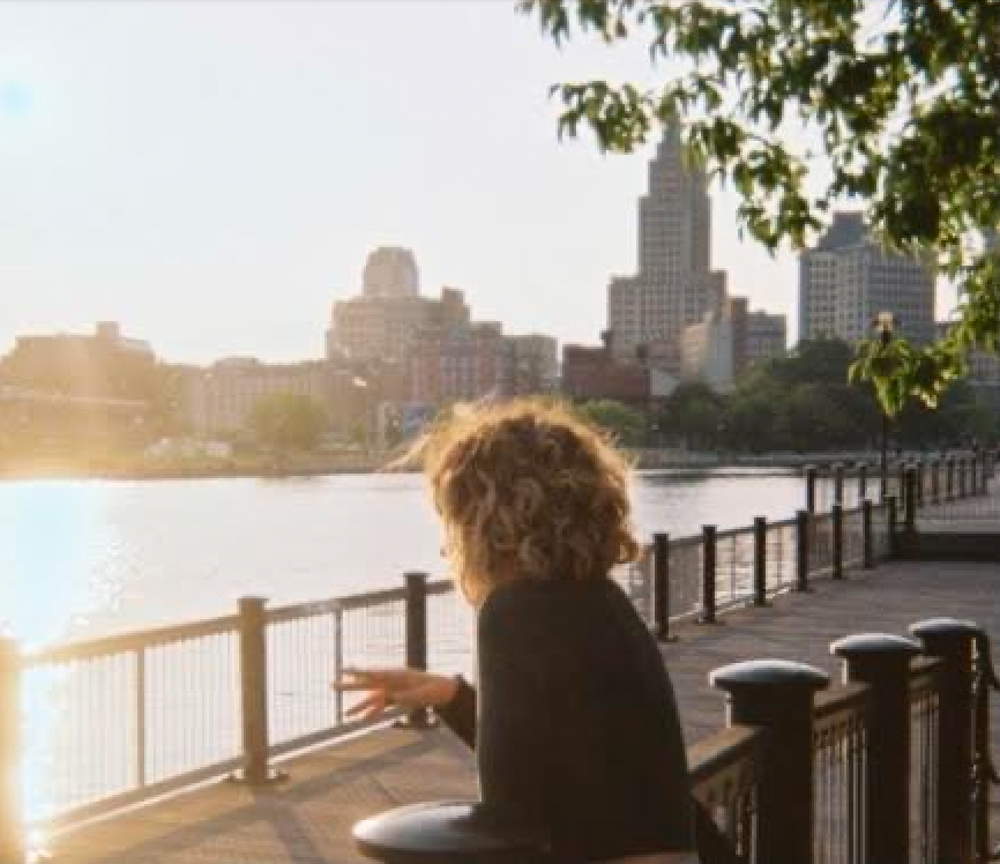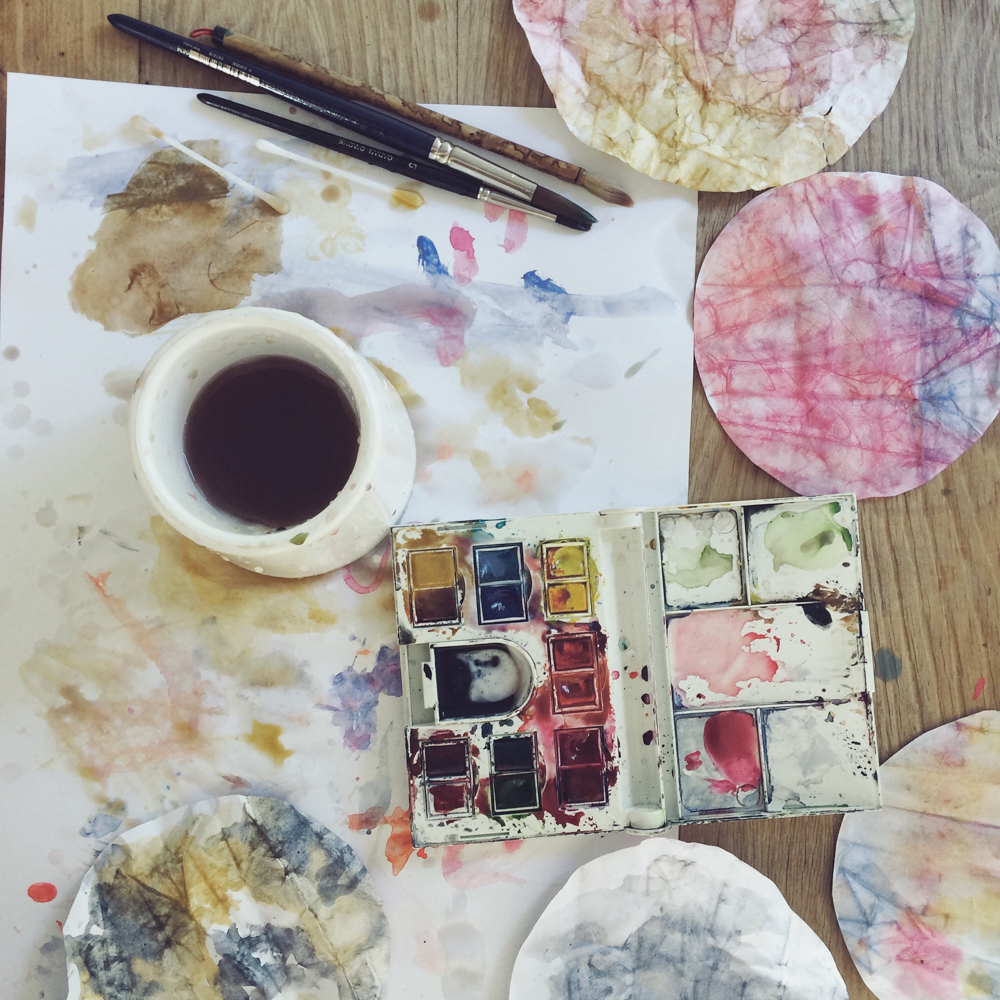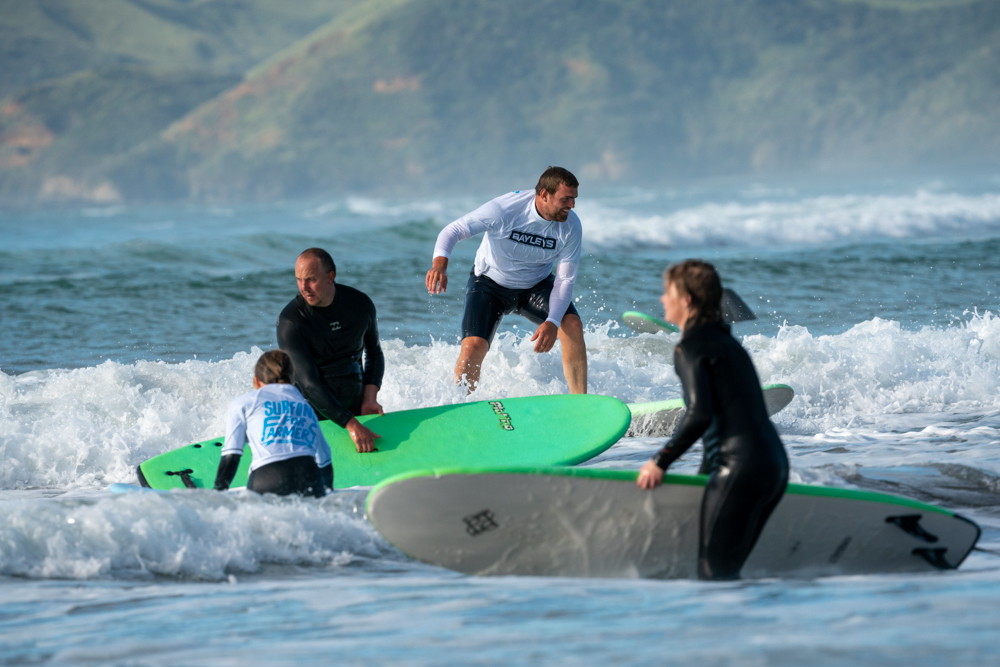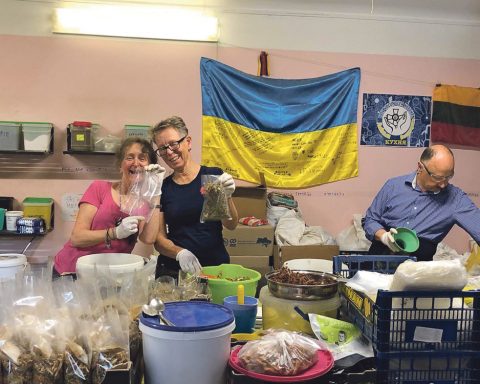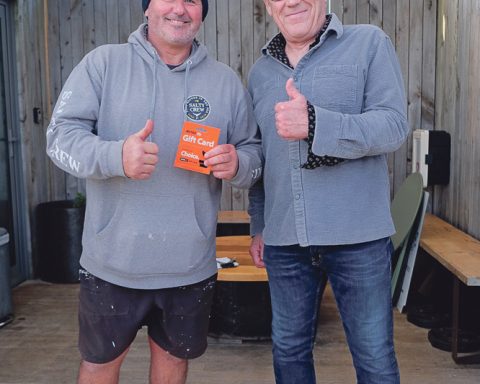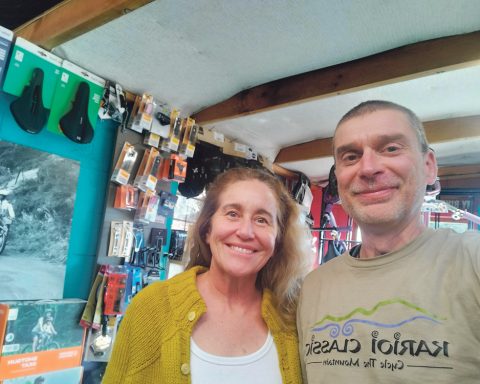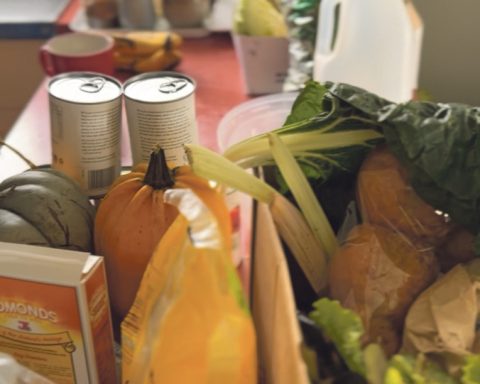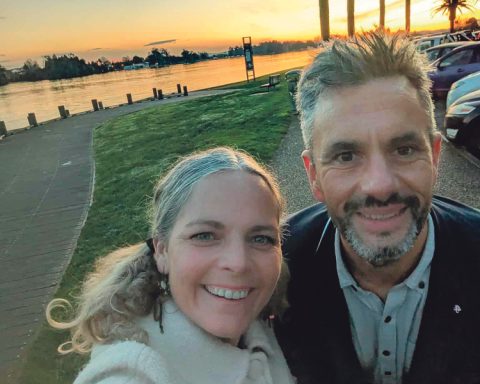Ruby Gibbs chats to Eve Douglas
What is your relationship like with your mental health? Is it something that you consider every day?
It’s definitely something that I think about every day, pretty much 24/7. It impacts and affects every single area of my life. I would say my relationship with it is a lot better than it used to be but it’s definitely not 10/10! I don’t think it’s realistic to think one day I’m gonna get to this place and I’m gonna be so perfect all the time and everything’s gonna be fine. I feel like trying to reach for that goal ends up being way more stressful than just taking it day by day and trying to figure out what works for you.
What has your past relationship with it been like?
Pretty rough, I don’t think I realised for a long time that I had some really bad issues that I needed to deal with and I think a big part of that was the people around me. Nobody forced me to feel a specific way, but with my friends there was this big consensus of minimising your issues. Also the glamorization of mental illness, especially through social media, at least when I was beginning my teens.
There was this whole Tumblr culture of glamorizing depression and self harm and eating disorders. I think that really fed into how I dealt with it for the first portion of my life. I think the way people self diagnose also affected me.
People would say, I’m really depressed but it’s more like, ok you might be really sad right now and that’s ok because that’s normal. That made me feel like, oh well maybe because I don’t necessarily feel exactly how this person feels then maybe I don’t have a real problem and I just shouldn’t talk about it. Also I think because my mum is a psychologist, my friends saw me as a therapist.
For a really long time I just didn’t talk about my stuff and I would listen to everyone else’s stuff and then it got to a point when I needed to talk about my stuff because it got really bad. But I think since then, my relationship with my mental health has gotten better. I feel like I went through the worst of it.
How has growing up with social media impacted your sense of self?
I think that the stage has been opened for people to be more honest about what they’re dealing with through Instagram and Tiktok. People are always talking about mental health online and I think there’s a sense of community that comes with that and the sense that I’m not that messed up, it’s not just me sitting alone in this little boat. I think that’s really awesome. But then I think growing up with social media trends was hard. I feel like if I didn’t have social media, I would still have self esteem issues but I think because of it, we are consumed with what we should be doing and what we should be looking like. It really messed up the way that I view myself and I have not fixed that to this day. It doesn’t go away!
I think social media has really accelerated that feeling of maybe I was ok when I was 10 and then it’s all been downhill from there. Look at all these models, look at what these people are doing and I’m not doing that. The comparison will kill you.
When you have been at your lowest point, what has kept you getting up in the morning?
To be completely candid, there were definitely times when there was really nothing. That was terrible and very isolating. I felt like I was standing at the edge of the earth. I think especially with depression, when you’re really depressed even with the people around you practically screaming at you that they love you, you can’t hear it. You’re too sick to hear it. I’ve always had this inner dialogue, a little angel and devil on my shoulders but I do think that thinking about the people that I had around me helped, even if I didn’t believe that they were there. Also art was a really big help for me.
When I felt like I had nothing left but I could paint a picture and it would look ok. And of course therapy is great! I feel like everyone should go to therapy even if you think you don’t have a problem. I also think it was lowering my expectations of myself. If the only thing you can do in a day is get out of bed and make yourself a cup of coffee, that is fantastic, go you, gold star! Sometimes it’s all you can do.
Is mental health something you speak about with your friends?
All the time! I think a lot of people still don’t wanna talk about stuff which is fair, there’s the fear of being judged and of people not believing you or telling you that you’re being over dramatic. A lot of my friends constantly tell me all their stuff and I want to help them but I’m not qualified and they need to go talk to their doctor, but a lot of people don’t want to do that. Above all, it’s so important to check in with yourself and your friends; the amount of stuff that can fly under your own radar is just impressive.
What are your go to tools in your toolbox when you feel like you are starting to spiral?
Art is super important for me. I think a lot of people don’t want to do art out of fear that it will be bad, but there’s no such thing as bad art. You put a dot in the middle of a canvas and that is gorgeous! I also make my bed every day. That one is small but I never used to do that and I think it makes me feel slightly more put together and less inclined to get in it. I think preventative measures are very important, for me at least. If I feel awful, I’ll try to do some self soothing – light a candle, make a cup of tea. Just little things that maybe you don’t think are really gonna help and it might not, but it’s still something for yourself. Also checking in with your body too, just saying ok what is my body feeling right now. I also try to have conversations with myself; do I have evidence to support this anxious thought, do I have evidence to support this thought that’s telling me really awful things about myself. A lot of the time our brains are telling us stories that aren’t true so I try not to have negative self talk!
My Mental Health Toolbox is available from Whaingaroa businesses.
This is a community mental health resource that we hope can help to start more conversations.
The Toolbox is free but there will be an option to donate a koha to fund the next print run.
Please email rubymgibbs@gmail.com if you would like to stock it in your business.
